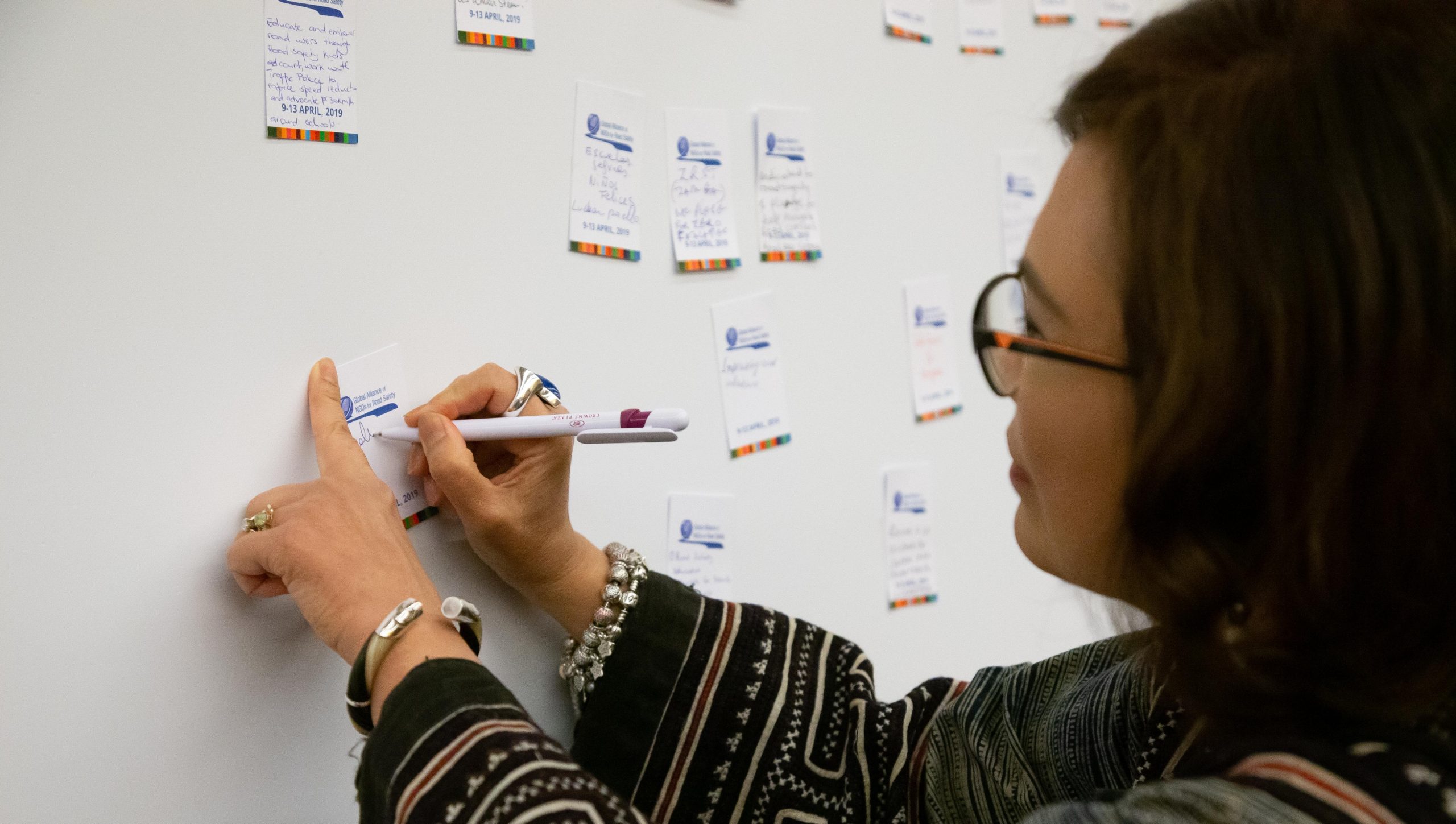
NGO advocacy is an important component for pushing toward the 2030 SDG targets. As the end of the decade draws nearer, their role in pushing for accountability to achieve the SDGs becomes increasingly urgent. NGOs can bring the greatest value to the 2030 SDG targets when they are able to influence and participate meaningfully in government decision making on behalf of the communities they serve. NGO credibility is one of the seven elements for successful NGO engagement with government identified in our Good Practice Guide to Meaningful NGO Participation in the Field of Road Safety. Strong, transparent governance underpins this and demonstrates accountability.
NGO credibility is one of seven elements for successful NGO engagement with government identified in our Good Practice Guide to Meaningful NGO Participation in the Field of Road Safety. The guide’s Meaningful NGO Participation Checklist invites NGOs to examine their credibility against a series of questions relating to whether they have a clear purpose and articulated goals and an actively researched plan to achieve them, whether they have a track record of quality work, and whether they demonstrate transparency about their activities, performance, and use of funding.
NGOs’ role is to keep governments accountable. To be credible in that role, we must ourselves act accountably, demanding from our own organizations what we demand from others. We must be accountable to our donors, supporters, and volunteers, using the support we receive from them effectively. We must be accountable to our partners, both government and civil society, advocating with data and evidence and demanding those actions that will reduce road deaths and injuries most effectively. We must be accountable to our communities and beneficiaries, acting in their best interests.
Building credibility and accountability is a continuous process. Our Strategic Plan 2024-2030: From Global Commitments to Local Implementation published in December 2023, sets out how the Alliance will strengthen our governance and oversight. It is accompanied by the recommendations of a governance review conducted in 2022 and 2023. These documents have refined how we conducted our General Assembly 2024, held this month, and informed amendments to our bylaws, which were presented to members and approved at the General Assembly.
If we want to be taken seriously as NGOs, we must prove that we are serious: serious about our purpose and goals, with a plan to achieve them; serious about building track record and visibility as a valuable partner; and serious about transparent governance, performance, and use of funding. We must continually seek to improve our processes and governance. This is how we demonstrate accountability and strengthen our position as advocates and partners to achieving the 2030 targets.